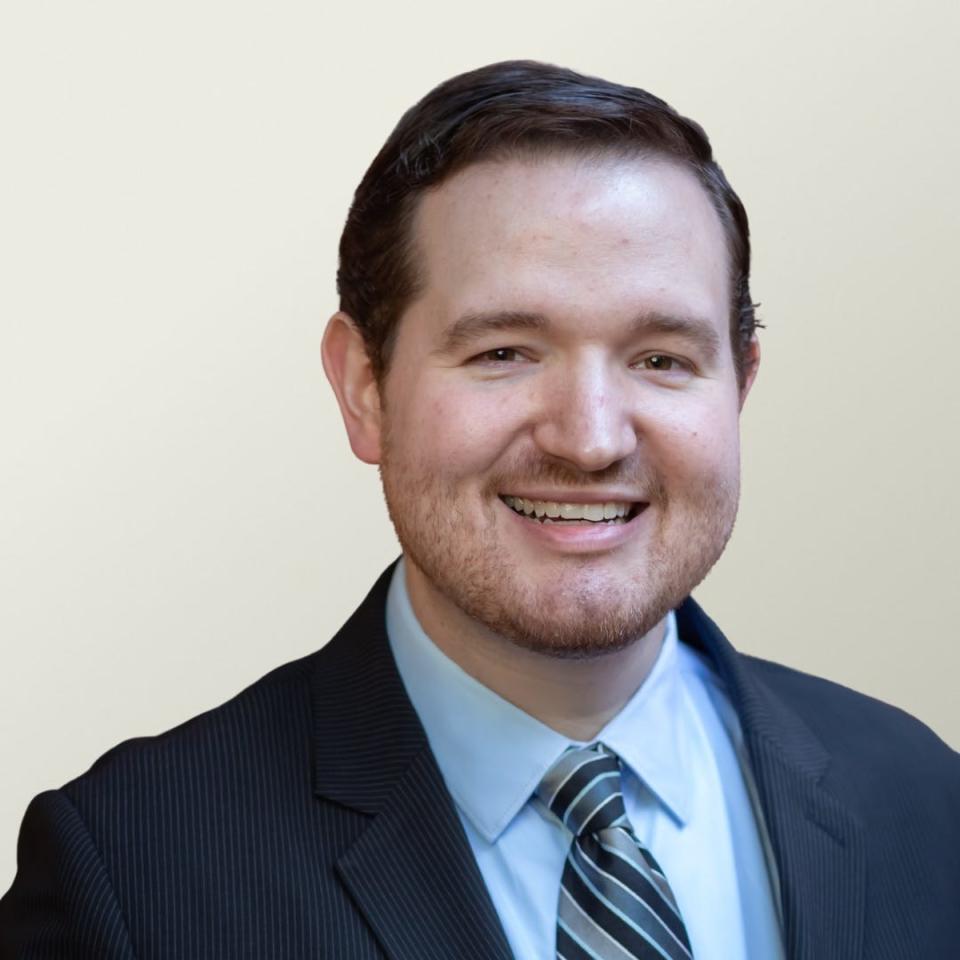Viewpoint: Indiana law could turn classrooms into free speech minefields
Intellectual diversity is an endangered species on most college campuses these days. Unfortunately, universities in Indiana are no exception to this fact.
In response to this hostility towards free expression, the Indiana General Assembly recently passed a law allowing state universities to revoke professors’ tenure if they fail to promote intellectual diversity in their classrooms.
While the intention to make campuses more welcoming places for different viewpoints is commendable, using legislation to regulate free speech is not the answer. This new law, crafted with the best intentions, has the possibility of turning classrooms into free speech minefields.
Senate Bill 202, which was largely supported by Republicans and opposed by Democrats, establishes new criteria for granting tenure at public universities. It also prevents institutions from awarding tenure “if certain conditions related to free inquiry, free expression and intellectual diversity are not met.”

Under the legislation, professors are forced to undergo a review of their tenure status every five years. Among the many things examined in this review is whether an instructor used different scholarly works in their courses representing various political and ideological perspectives.
Additionally, the legislation holds professors accountable if they “impose unrelated views and opinions” on students during “teaching, mentoring, or within the scope of their professional responsibilities.”
In other words, the law allows students to become wardens of free speech, leaving them free to report any perceived offense, whether deliberate or a simple verbal faux pas. If you think the current climate of students reporting their professors is problematic, SB 202 only amplifies that dynamic, effectively putting it on steroids.
State Sen. Spencer Deery, R-Ind., one of the bill’s sponsors, argues that the new law will help conservative students feel more at ease to express their opinions on campus.
There is no doubt that Sen. Derry’s heart is in the right place.
Across Indiana, conservative faculty members are vastly outnumbered on campuses by their liberal counterparts. Most surveys put the percentage of Republican or conservative-leaning professors in the humanities at single digits, making up 4% of historians, 3% of sociologists and just 2% of literature professors.
Colleges in the Hoosier State certainly need to do a better job of hiring faculty members who represent America as a whole, not just the politics of those residing in blue-leaning districts. But the answer to this problem is not more legislation from the state.
SB 202 could easily have the opposite effect of Sen. Deery’s intentions. With tenure on the line and their careers in jeopardy, professors might just stop discussing so-called controversial topics altogether, stifling the academic freedom this law should promote. If this happens to be the case, restricting professors from expressing their own views would essentially amount to the suppression of free speech, contradicting the free expression this legislation seeks to expand.
Not to mention the massive administrative burden this creates for universities across the state, which in turn hurts students of all politics since it diverts critical costs from teaching and research, possibly causing tuition to rise in the process.
For years, universities have been left unchecked to hire professors who have made it their mission to silence any thought or voice that does not belong to the prevailing dogma on campus, often liberalism. The frustration at such a situation is understandable. But why not use the same free-market principles Republicans claim to hold dear, instead of the state, to encourage intellectual diversity on campuses?
Instead of forcing universities to create more bureaucracy, Republicans in Indiana could rely on ranking systems annually compiled by organizations like the Foundation for Individual Rights and Expression (FIRE), which judges public universities by their commitment to free expression. Schools that score well could be profiled by legislators, becoming prime targets for future students and faculty who value a diversity of viewpoints.
Or lawmakers could encourage school donors to stop giving funds until such schools demonstrate positive change. This worked at Harvard and University of Pennsylvania. At the end of the day, money talks!
Instead of imposing state-monitored free speech, those concerned about academic freedom should be proposing solutions that promote the very intellectual diversity that SB 202 risks undermining.
Jacob Lane is a Republican strategist. He has worked for GOP campaigns at the federal, state and local levels, and was once a staffer of both the Indiana Republican Party and Indiana House GOP Caucus.
This article originally appeared on South Bend Tribune: Indiana SB 202 could turn classrooms into free speech minefields.

